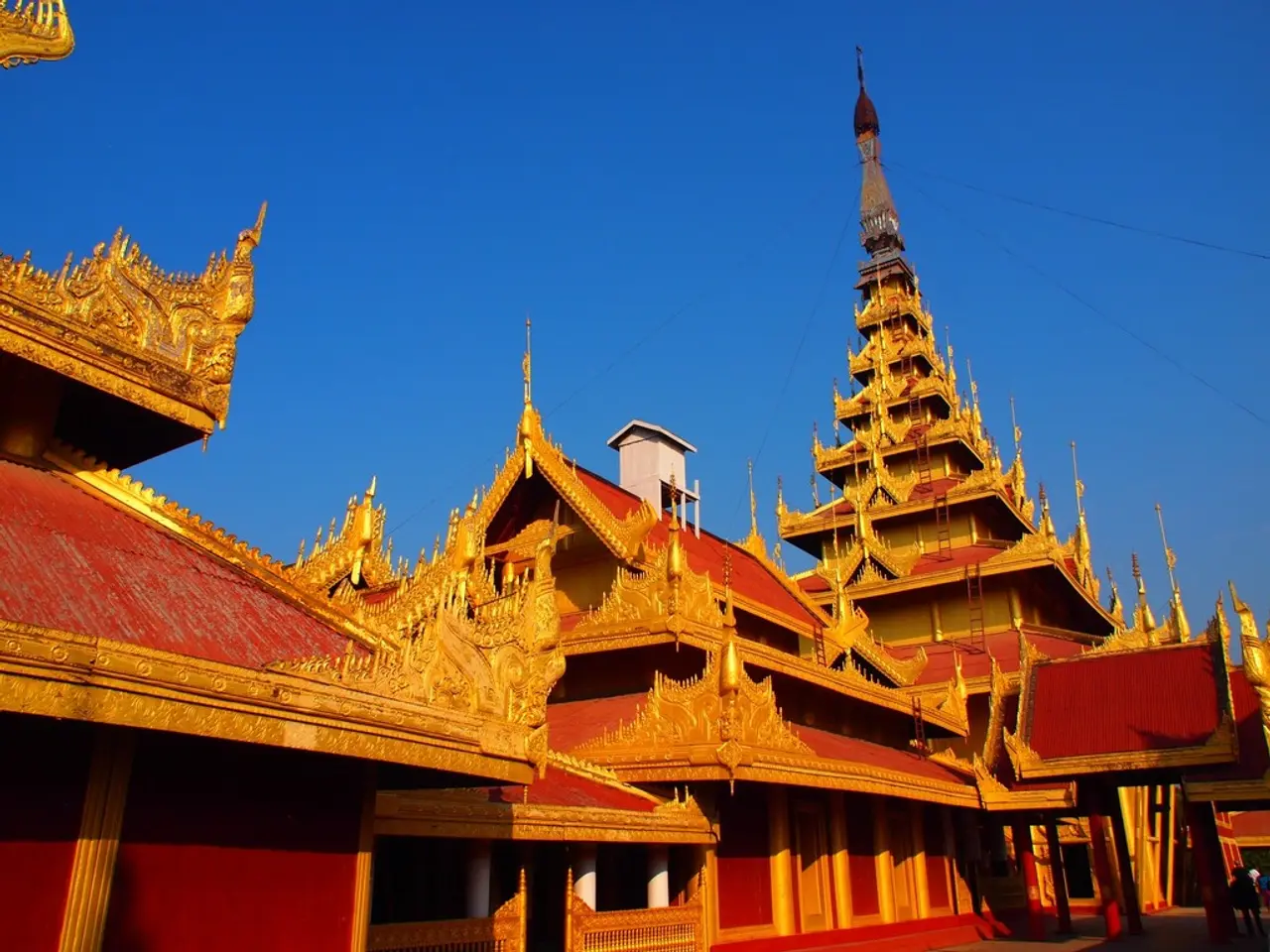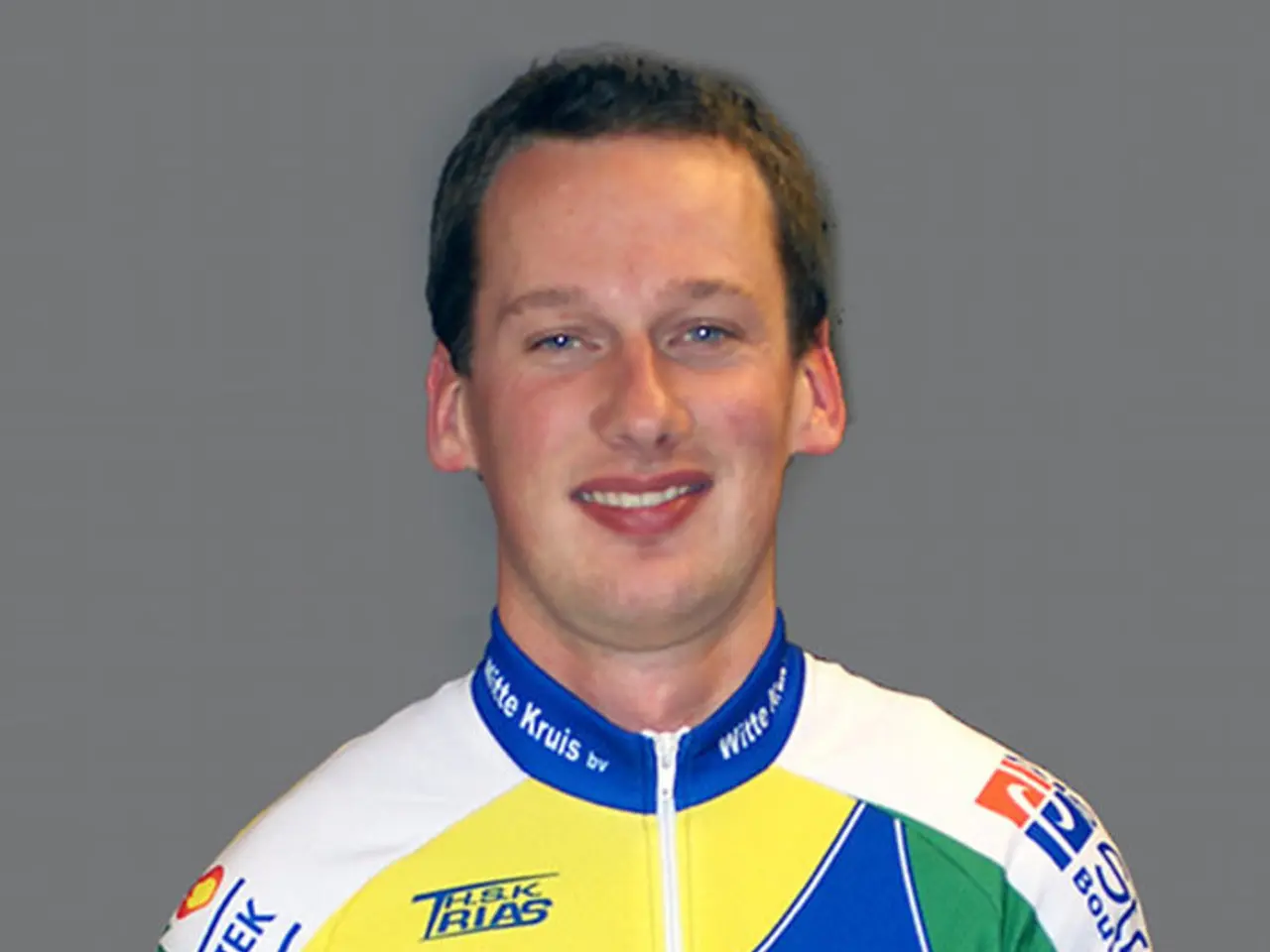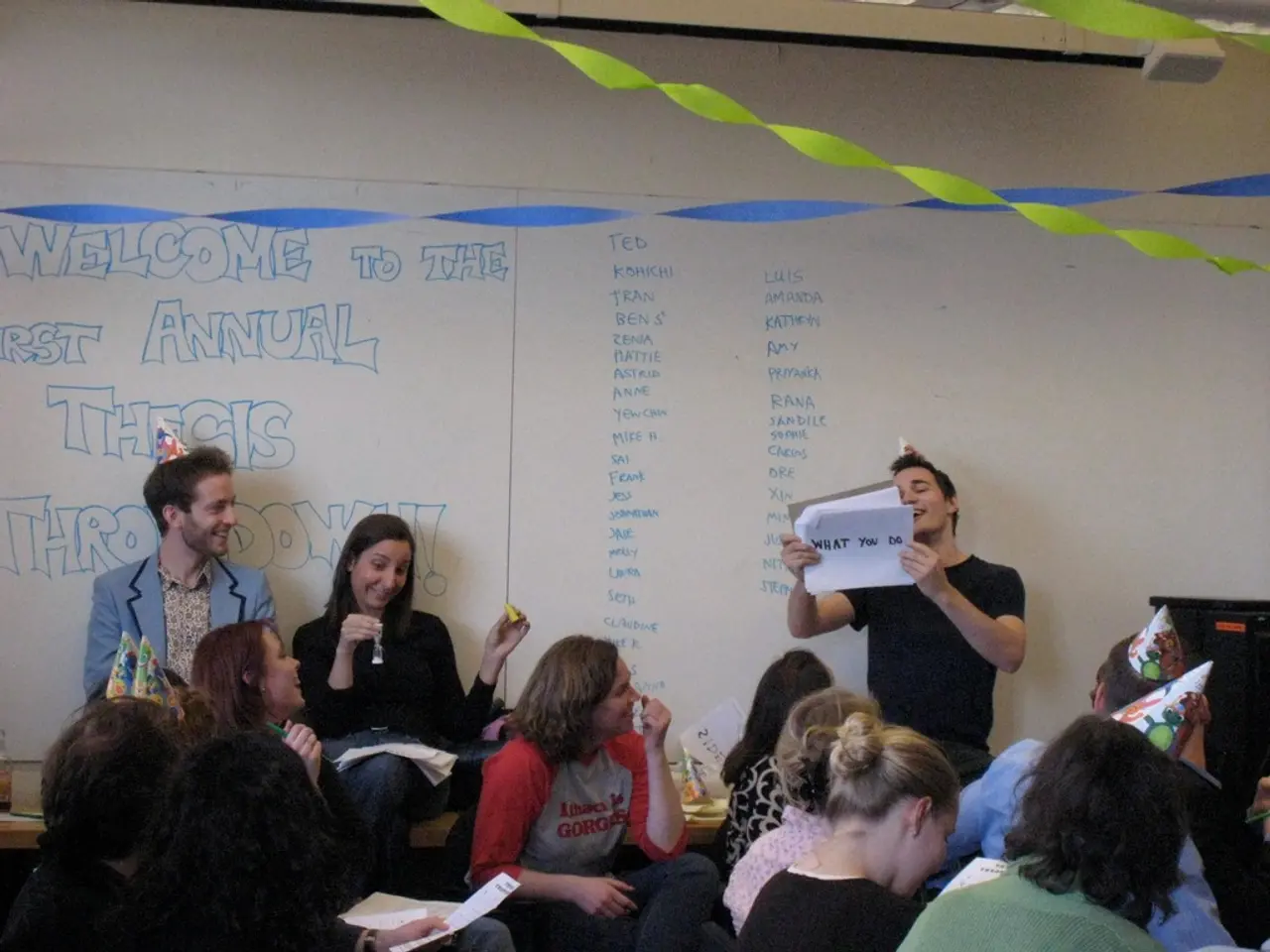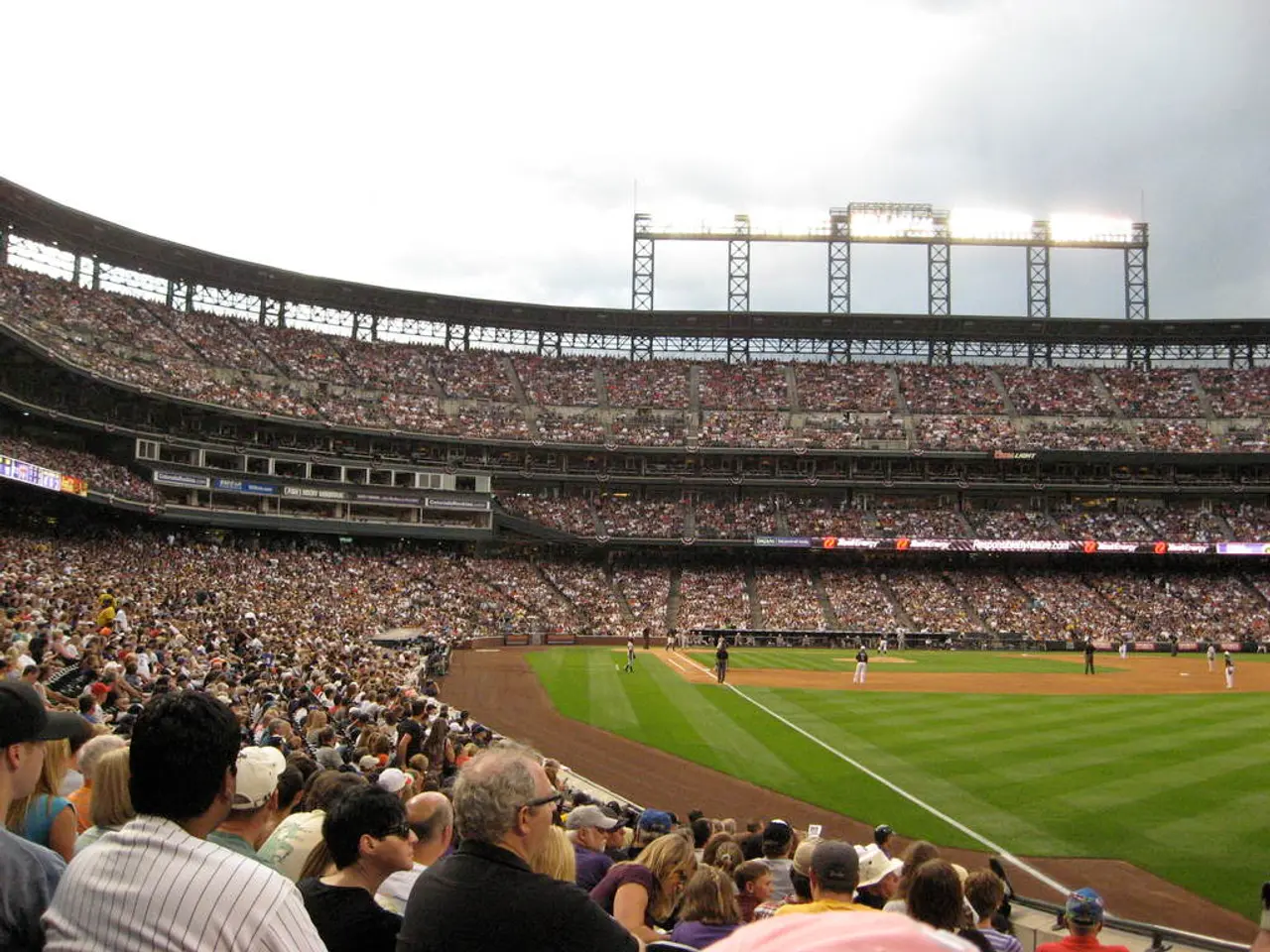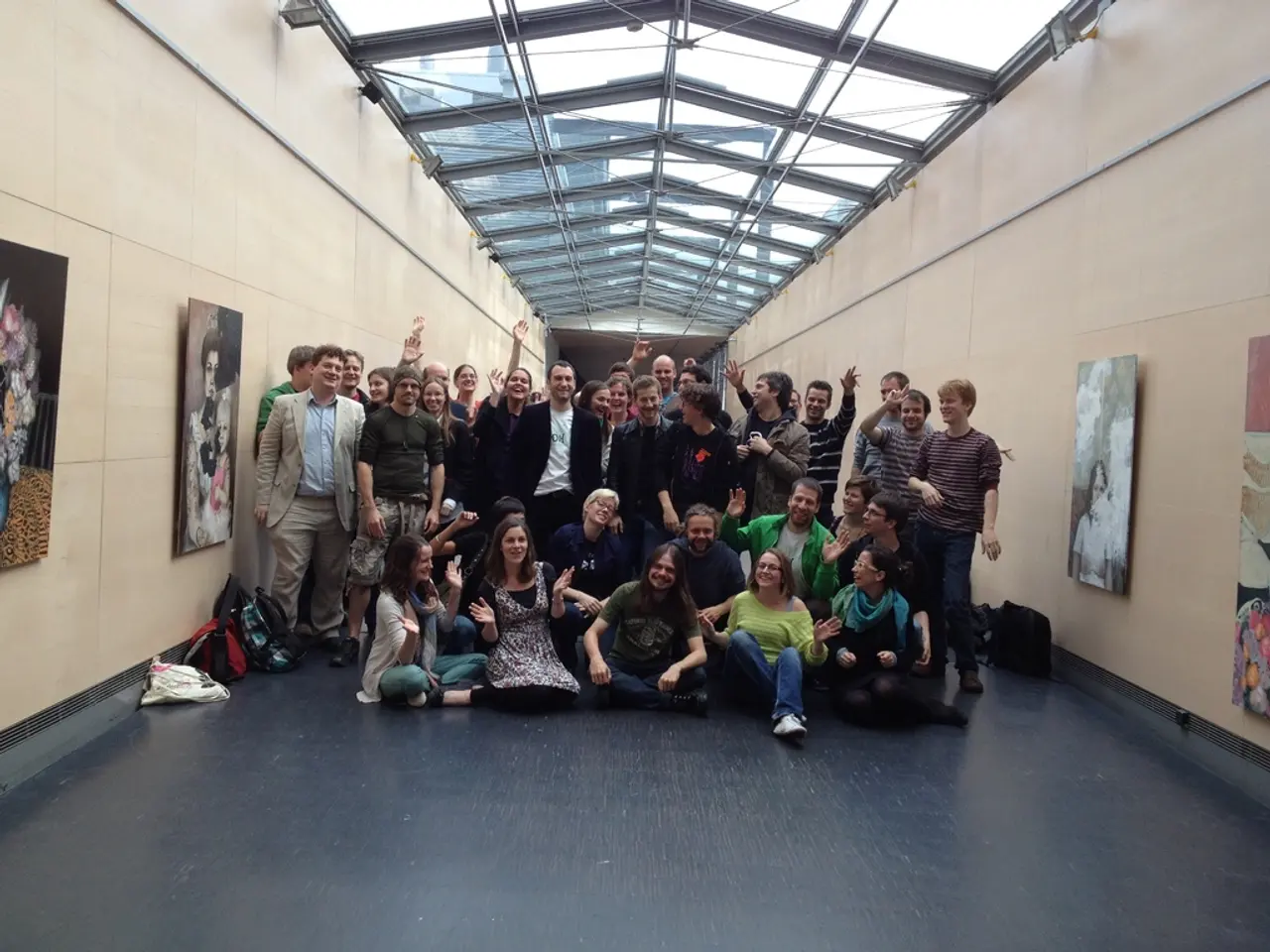Togo's recent constitutional maneuvering sparks debate: Could similar tactics be used to establish authoritarian rule elsewhere?
In a move that has sparked controversy and protests, President Faure Gnassingbé of Togo has maintained his grip on power by orchestrating a constitutional amendment that transformed Togo from a presidential to a parliamentary system.
The shift allows Gnassingbé to control the executive branch without facing term limits or direct elections, thus enabling him to remain Togo's most powerful political figure indefinitely.
The 2024 constitutional reform reduced the president's powers and extended the President of the Council of Ministers' term to six years with indefinite renewals, while the president's term was reduced to four years, renewable only once. The new parliamentary system concentrates effective executive power in the hands of the President of the Council of Ministers, not the ceremonial president.
Critics, including opposition parties and civil society, have condemned this move as a "constitutional coup," arguing it is a strategic way for Gnassingbé to bypass direct elections and prolong his family's over 50-year control of Togo. This shift sparked protests led by youth demanding Gnassingbé step down, showcasing popular dissatisfaction despite the constitutional maneuver.
The Council of Ministers, created following the constitutional amendment, is now headed by Gnassingbé, who has transferred his previous presidential powers to this new position. Jean-Lucien Savi de Tové serves as a ceremonial head of state, chosen by parliament.
Notably, at least seven people were killed in Togo during protests against the government's constitutional amendment and a disputed local election.
Meanwhile, other African leaders are also facing scrutiny for their attempts to cling to power. For instance, Cameroon's President Paul Biya is aiming for an eighth term, at the age of 99. Uganda's President Yoweri Museveni, 80, will seek reelection for the seventh time in January 2026, after removing age limits for presidential candidates in 2017.
In the Central African Republic, Faustin Archange Touadera has amended the constitution to run for a third term in an upcoming election. Denis Sassou-Nguesso has ruled the Republic of Congo for 41 years, while Teodoro Obiang Nguema of Equatorial Guinea is the world's longest-serving head of state, widely regarded as a dictator.
Observers fear Gnassingbe might be the first African leader to use a constitutional amendment to cement power without having to answer to the electorate. The Togolese government has disregarded the African Charter on Democracy, Elections and Governance, which was signed off by the African Union in 2007 and came into effect in 2012. Human rights organizations have accused the Togolese state of repressing freedom of speech and gatherings.
In Mali, Burkina Faso, and Niger, military rulers have chosen to work with Russia over former colonial power France. Alassane Ouattara of Ivory Coast has announced another election bid in 2025, after seeking a constitutional amendment that began in 2016.
Assimi Goita, leader of Mali, has given himself a five-year leadership extension without the prospect of an election. The military rulers' decisions in these countries have raised concerns about the future of democracy in the region.
The developments in Togo and other African nations underscore the ongoing struggle for democratic governance and the need for strong checks and balances to prevent leaders from clinging to power indefinitely.
- The international community has expressed concern over President Faure Gnassingbé's constitutional amendment in Togo, which has been labeled as a "constitutional coup."
- The Togolese government's disregard for the African Charter on Democracy, Elections, and Governance has prompted criticism from human rights organizations.
- Other African leaders, such as Cameroon's Paul Biya and Uganda's Yoweri Museveni, are also facing criticisms for their prolonged stay in power.
- In Africa, the trend of leaders trying to bypass term limits and direct elections through constitutional amendments is causing alarm in the world, especially in terms of human rights.
- The new parliamentary system in Togo, which gives effective executive power to the President of the Council of Ministers and not the president, has stirred debates in the realm of policy and legislation.
- Beyond Africa, political events such as car accidents involving political figures, crime and justice issues, and general news stories create a dynamic landscape for global politics.
- Fires, too, can have political implications, as seen in countries where arson is used as a tool for political protest or manipulation.
- In various regions of Africa, from Mali to Kenya, war-and-conflicts, migration, and economic instability continue to dominate the news cycle, highlighting the intricate relationship between politics and everyday life in these nations.




